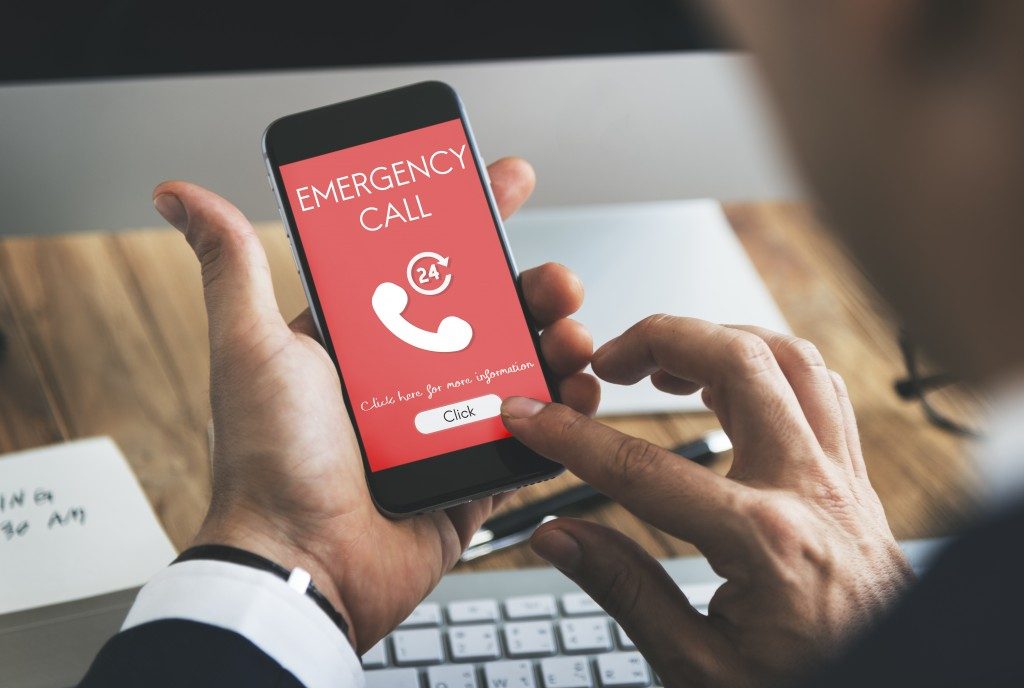Nobody is ever ready for an accident or emergency. Because we are caught off guard, our immediate reaction is to panic. This can be quite a problem if everyone is relying on you to act. So, how do you keep your cool during a critical situation?
First, Focus and Relax
As cliché as it may sound, you need to focus and relax. You cannot see through things if your mind is going in all directions. Breathe in and breathe out for a couple of minutes before you approach the situation head-on. Once you’re calm, assess the situation and see what needs to be done.
Your emergency may come in different forms — unexpected expense, medical, or an immediate threat to your well being. Regardless of the situation, you need to find a way to handle the situation calmly. Panicking won’t do you good and only add to the stress.
It’s A Medical Emergency
If you’re involved in an accident, quick thinking can save your life. Check where you are feeling pain and assess your surroundings. Are you pinned against a wall? Can you feel your toes? Can you move at all? Although it’s not recommended to try and move after an accident, best to wait for the paramedics to avoid further injuries.
The 911 operator would typically guide you on what you can do while waiting for the ambulance. If you have people with you who are conscious and appear to be unharmed, get them to help you assess the situation. But again, don’t allow them to move you if they don’t have any medical training.
When the paramedics arrive, talk to them and give them an idea of how you are feeling. Don’t hold anything back as they need all the right information so you can get proper treatment. Even if you’re able to stand, don’t resist going to the hospital for further tests and observation. You may be feeling okay now, but then you may have an internal injury that could cost you your life if not detected.
It’s an Unexpected Blow to Your Finances

Financial emergencies happen during hospitalizations or losing a job, affecting your ability to pay your bills and day to day needs. It’s good if you have health insurance to cover for the hospitalization cost, as not many can afford one. Or if you were able to save up to sustain you until things stabilize.
It’s easy enough to panic and feel desperate during these times, but that won’t solve the problems at hand. Think about what resources are available to you. Look into short-term loans you can avail of or non-profit organizations that can help with your plight. There are also government loans you can turn to that offer reasonable interest rates.
Focus on taking steps to get out of your current crisis and plan for the future. Don’t lose hope and instead look at the positives instead of the negatives. Soon you’ll find yourself standing firmly on your feet again.
Dealing with emergencies, whether financial or medical, is a challenge and devastating at times. But keeping a sound mind will help you get through the difficulties.

